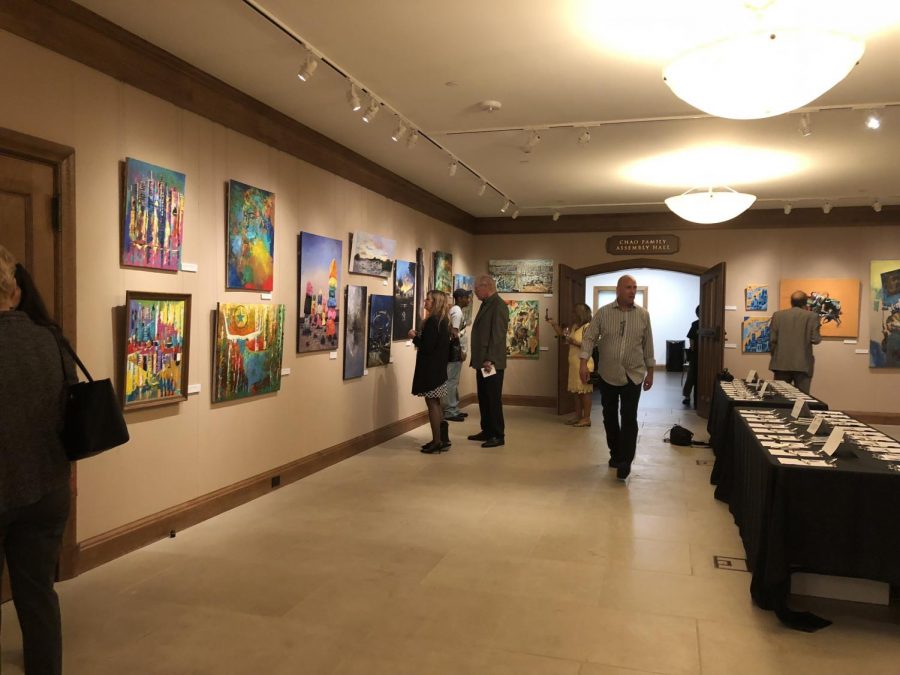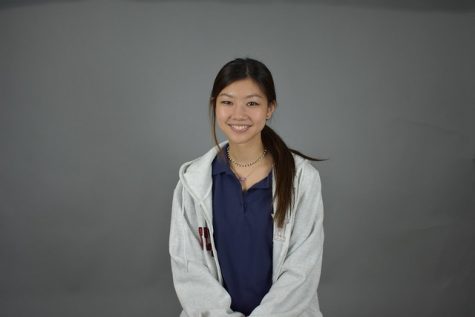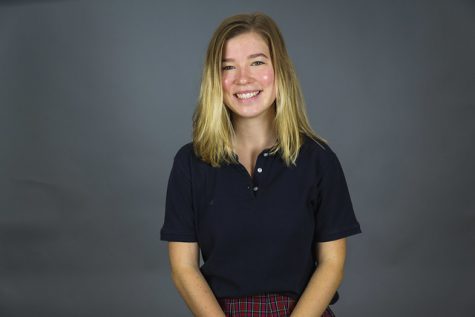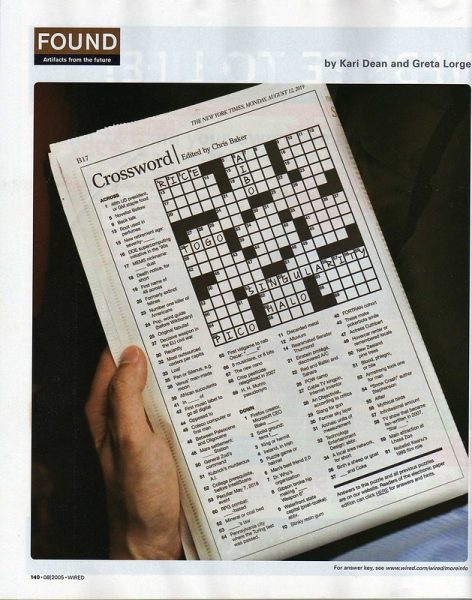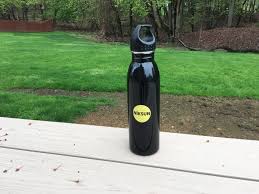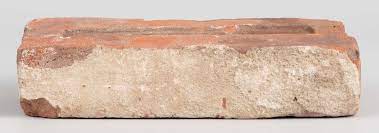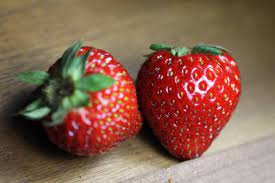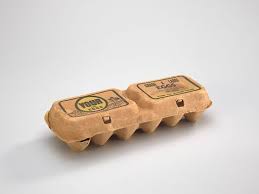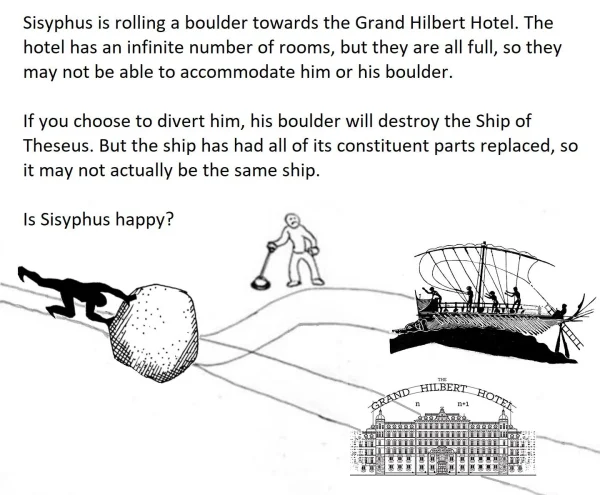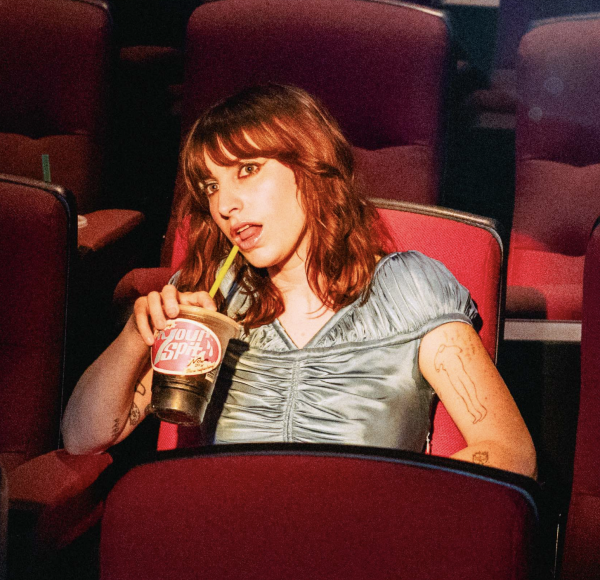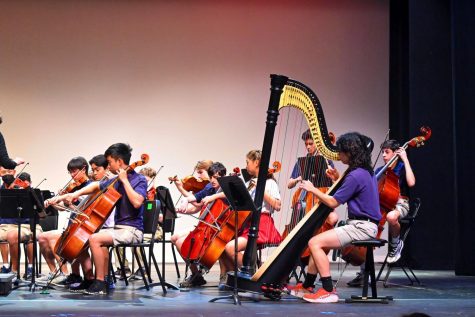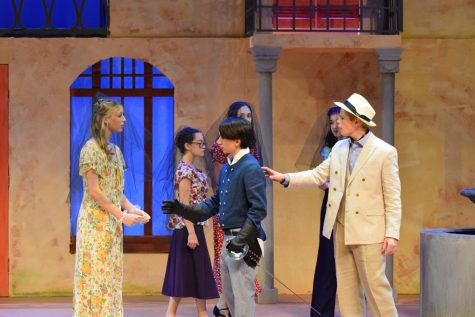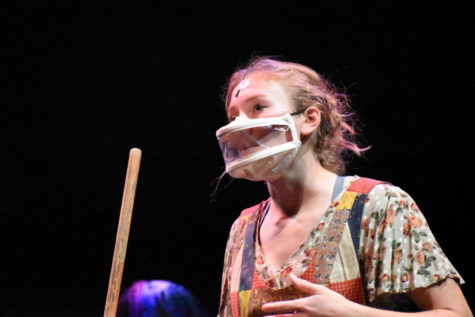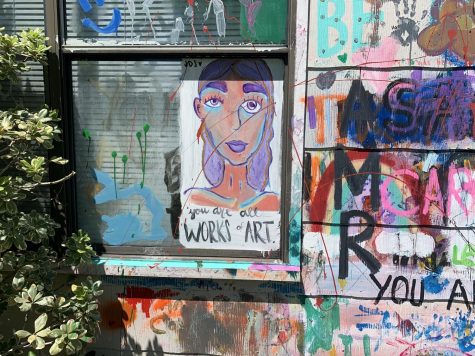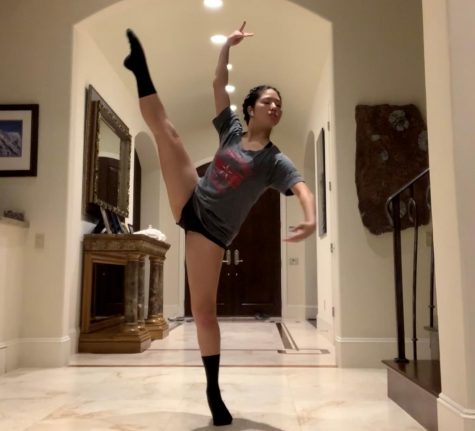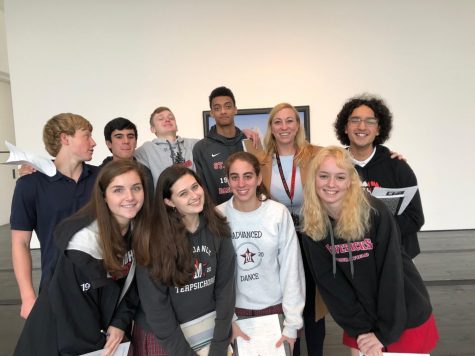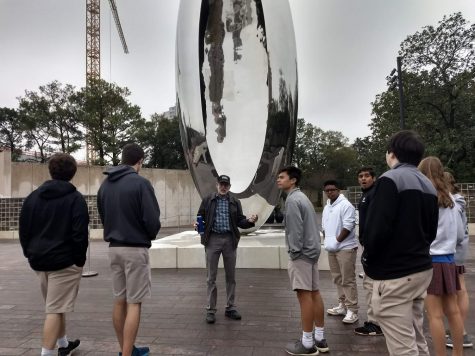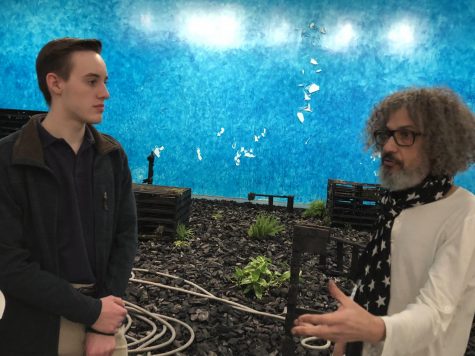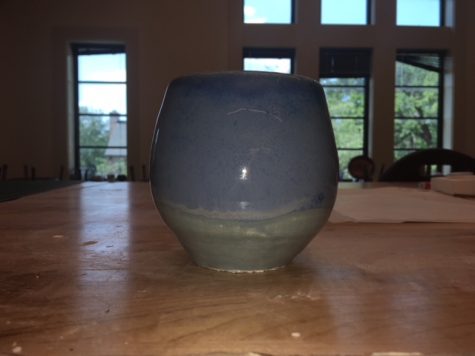School hosts YMCA auction, showcases refugees’ art
On Sept. 28, St. John’s hosted the YMCA art auction featuring work from refugees. The auction raised $30,000, which was split between YMCA and the artists.
October 10, 2018
Potential buyers, YMCA volunteers and refugee artists filled Flores Hall to support gallery-worthy art and eat food from nations around the world, including Afghanistan, Eritrea and Cuba.
On Sept. 28, YMCA International Services group hosted an art auction in Glassell Gallery to benefit local Houston artists with a focus on supporting refugees, immigrants and other vulnerable populations. This was the third year that the School hosted this event, which raised $30,000 — $7,000 more than last year’s auction. These funds are split equally between the YMCA and the artists.
Joe Saceric, Director of Community Relations at the YMCA, reached out to Upper School art teacher Dan Havel in 2016 as the construction of Flores Hall concluded. Although Havel typically organizes the events and displays held in the Glassell Gallery, he did not plan this event; instead, he gave YMCA space to showcase the artists in their program. Havel, who has attended the past three auctions held at SJS, enjoys catching up with the artists and seeing the development of their work.
“There are a lot of returning artists, and their work has changed and improved considerably,” Havel said. “Some of them are long-time professional artists, and some of them are new artists just beginning their careers in the new world they are in.”
Part of the YMCA’s mission is to help resettle refugees, provide legal service to immigrants and to work with victims of human trafficking and with unaccompanied minors. According to Saceric, the YMCA helps these refugee and immigrant artists with their transition to their new lives in America by providing a “festive” atmosphere at the auction.
“There are so many people that have come from other countries that have great artistic skills, but they didn’t know how to get into the art world here,” Saceric said. “We want to educate people about what we do and also promote the artists.”
Sanya Wafeq, a returning artist, had three paintings depicting villages from her birthplace, Afghanistan. Her paintings highlight aspects of living in a war zone.
“There are some people who are living in villages, and because there is a war in Afghanistan, there are people dying there,” Wafeq said. “These paintings show the emotions of people and how they are losing their loved ones, but Peace is showing that there are some people who are living in peace. They are having good times and living their lives in a normal way.”
Mohammed Baro has over 50 years of painting experience, and his work was featured in three of the YMCA’s art auctions. After he moved to Houston from Syria ten years ago, Baro was told his paintings were too sad, so he began using vibrant colors. His four paintings — Texas in an Artist’s Eyes, An Artistic Vision 1, An Artistic Vision 2 and An Artistic Vision 3 — use mainly bright, primary colors to portray Houston.
“I want my paintings to have happy colors and to show hope in my vision,” Baro said.
Zineb Sjahsam’s work was displayed for the first time at the auction this year. She moved to Houston from Algeria four years ago and draws inspiration from both her birthplace and current home. Her first visit to the Houston Livestock Show and Rodeo influenced one of her pieces put on display: Rodeo Girl.
“In my country, men ride horses — it’s rare to find women who ride horses,” Sjahsam said. “Houston inspired me because when I went to the rodeo, there were lots of ladies who rode horses, which shows that women are capable of doing the hardest things.”
Sjahsam’s second piece, Algiers, depicts her life in Algeria, a typical departure point for people crossing the Mediterranean Sea with hopes of a new life with new opportunities.
“It’s really touching and makes you think,” Sjahsam said. “You want to help, and you want to bring [refugees’] voices to other people. We know that a lot of countries don’t want refugees to come, and we understand that every country has their own problems, but humans everywhere dream and want a better life. Why don’t we help them?”



